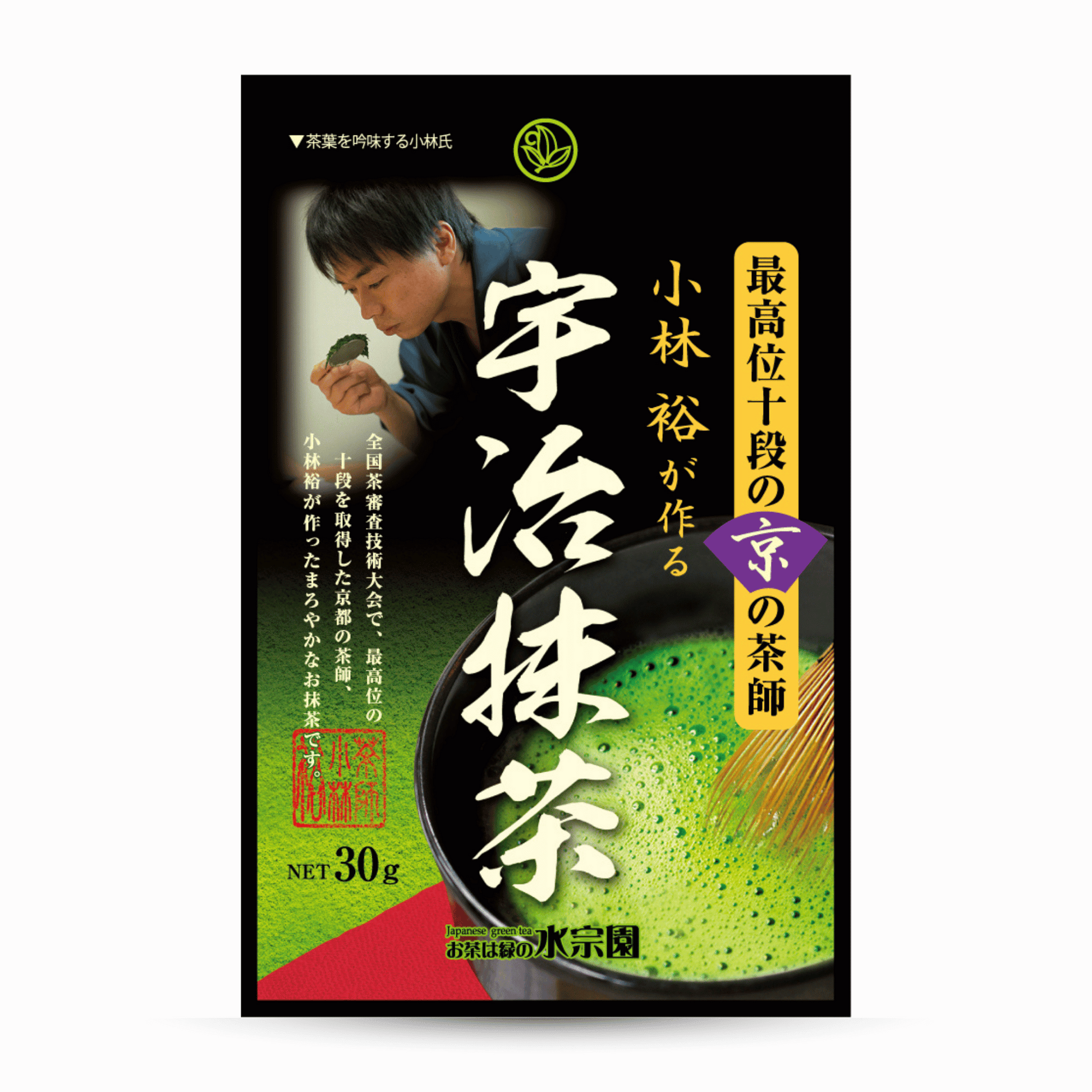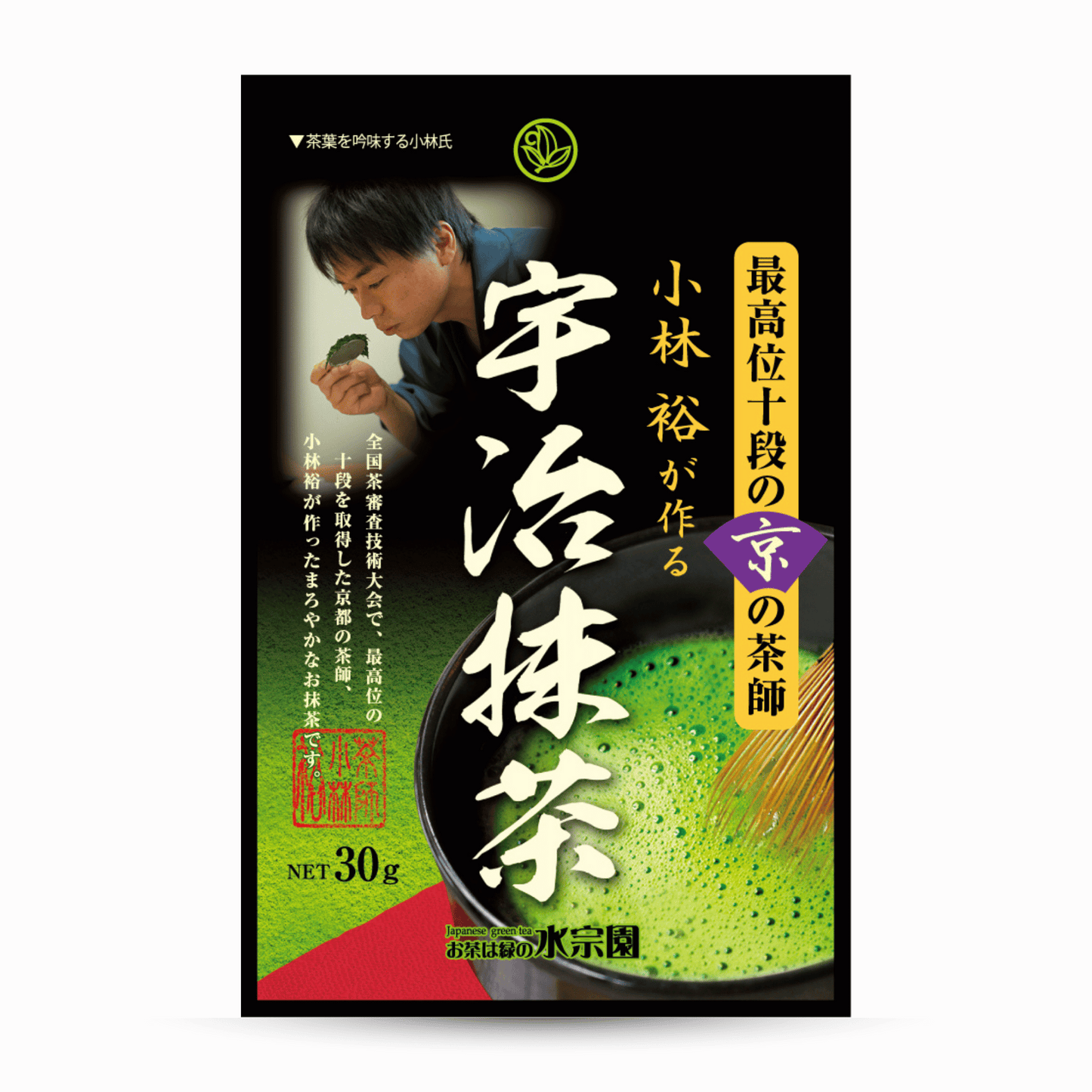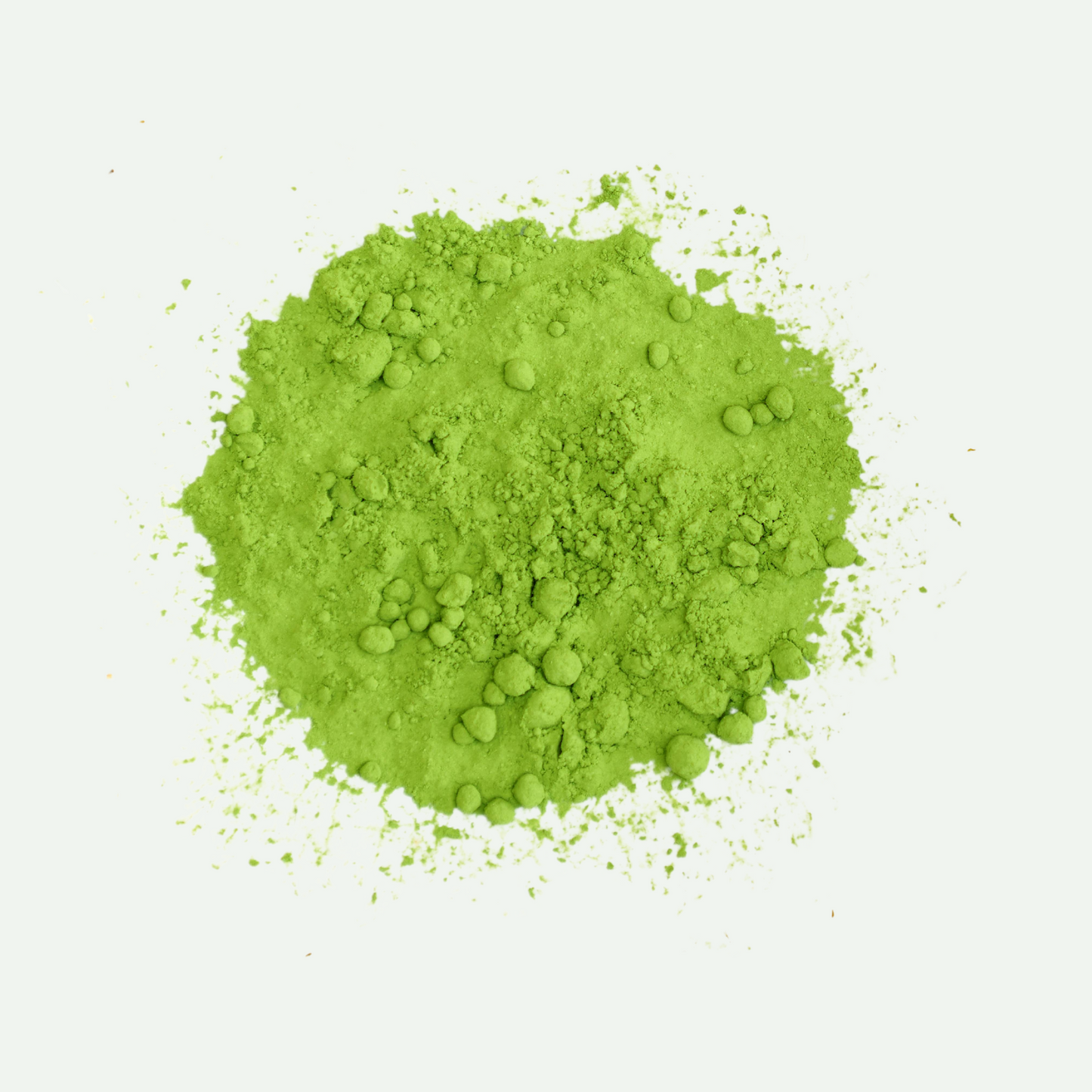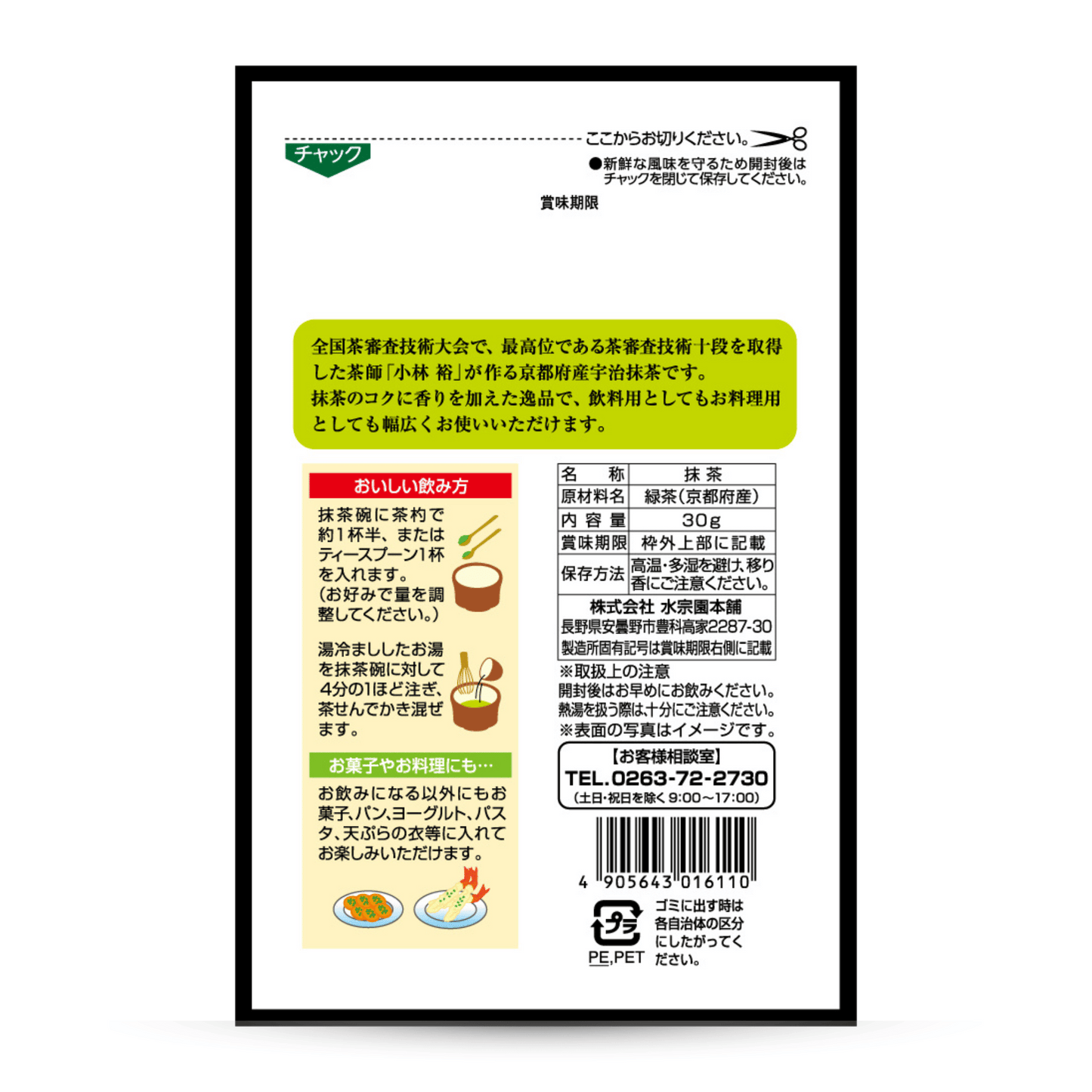
How We (Almost) Lost Our Matcha – Doing Business in Japan
If you prefer to listen, you can find the podcast here.
Today, I’ll talk about how we almost missed out on matcha.
In May, Janne and I visited Vikerraadio to talk about Japanese culture.
We started by mentioning the global matcha boom—matcha is such a hot commodity now that it might not even be available.
When we were asked how our own matcha supply was doing, we answered confidently: that doesn't concern us—our matcha stock is solid.
Right after the radio interview, I flew to Japan.
My children’s grandparents are Japanese, so the trip was meant as family time—I had absolutely no plans to work.
Still, I had to place a matcha order because, likely thanks to the radio broadcast, more and more orders started coming in, and our stock was running low.
THE MATCHA MEGABOOM
I placed the order—and received a reply saying they couldn’t fulfill it due to the global matcha megaboom.
Coincidentally, the very next morning, I saw a special TV report showing how foreigners are clearing matcha shelves in stores just 15 minutes after opening.
I discussed the situation with my father-in-law.
He’s spent his entire career working in a major Japanese corporation and knows how business is done.
He said, "Now you need to go sweat."
That’s a Japanese expression used in situations where you request a meeting and then plead—expressing how badly you want whatever it is you’re after.
So that’s what I did. I wrote an extremely polite email explaining I’d be in Japan next week and requesting a meeting.
Even though I was completely out of work mode—and didn’t feel capable of handling things "the proper Japanese way"—I had no choice.
THE MEETING AND DOING THINGS RIGHT
We agreed to meet at a train station. I’d let him know when my train was arriving, but in proper Japanese fashion, I showed up 15 minutes early.
He, also in proper Japanese fashion, had arrived 15 minutes before that to wait for me.
That’s something important to know—being “on time” in Japan means showing up at least 10 minutes early.
I brought a gift.
I considered bringing Toraya yokan—Toraya is one of Japan’s oldest companies, dating back to the early 16th century.
Yokan is a red bean jelly, and one of the most serious, formal gifts you can give in a business context in Japan.
But I felt I couldn’t carry that gift with confidence—it’s a “tight-necktie” gift that demands a much higher level of formality.
And since I couldn’t fully play the part of a proper Japanese businessperson, I chose a different gift—a dove-shaped cookie, a well-known sweet from Kamakura.
We walked to a nearby café for fresh tea.
Janne had met our tea supplier before, but for me, it was the first time.
I took the approach of meeting him as a person—not making demands, definitely not making threats.
I asked about his life and work, and told him about what we had done and planned to do.
I mentioned, with a bit of embarrassment, that we’d made bold promises about matcha on the radio, and now we were in an awkward situation.
I spoke about the charm of Japanese culture.
I even quoted the most famous Japanese haiku, which inspired our logo—the one about the frog jumping into an old pond. Every Japanese person knows that haiku.
He promised to try to fulfill our matcha order—maybe not the full amount, though.
By the time I returned home, our intermediary had messaged me: the tea supplier had called and said he decided to fulfill the entire order—at the expense of his other clients—because he was so impressed by my dedication.
It was a complete win.
THE ESSENCE OF JAPANESE BUSINESS ETIQUETTE
Looking back, what worked in that meeting?
First—I spoke Japanese.
The trust that comes from speaking someone’s native language is incomparable to stumbling through a foreign tongue. I believe that made a big difference.
Second—I spoke as a person, not just as a business partner. Openly.
Third—I was modest. I didn’t pressure him. I showed him respect.
Fourth—I followed etiquette: I arrived early, I brought a gift. My attitude was right.
As I sat on the train back to my in-laws’ house, I felt victorious.
I can now confirm: we’ll have matcha available for sale very soon.
I hope the next and following orders will also be fulfilled.
But nothing’s guaranteed—the megaboom is real, and it will take Japan two to three years to catch up with demand.
A STRANGE GIFT
One last thing—on the way back to the station, our tea supplier and I passed a sweets shop called Seppuku Monaka.
Seppuku refers to the ritual suicide of cutting open one’s belly.
Our tea partner told me that if you really mess something up, it’s appropriate to gift your client or partner a seppuku monaka.
It literally looks like a split-open stomach.
I asked if he’d ever had to give one.
He replied that yes, once—he’d had to make such a gift.
So that’s the story—about Japanese business culture and a matcha order.
Thanks for listening!





